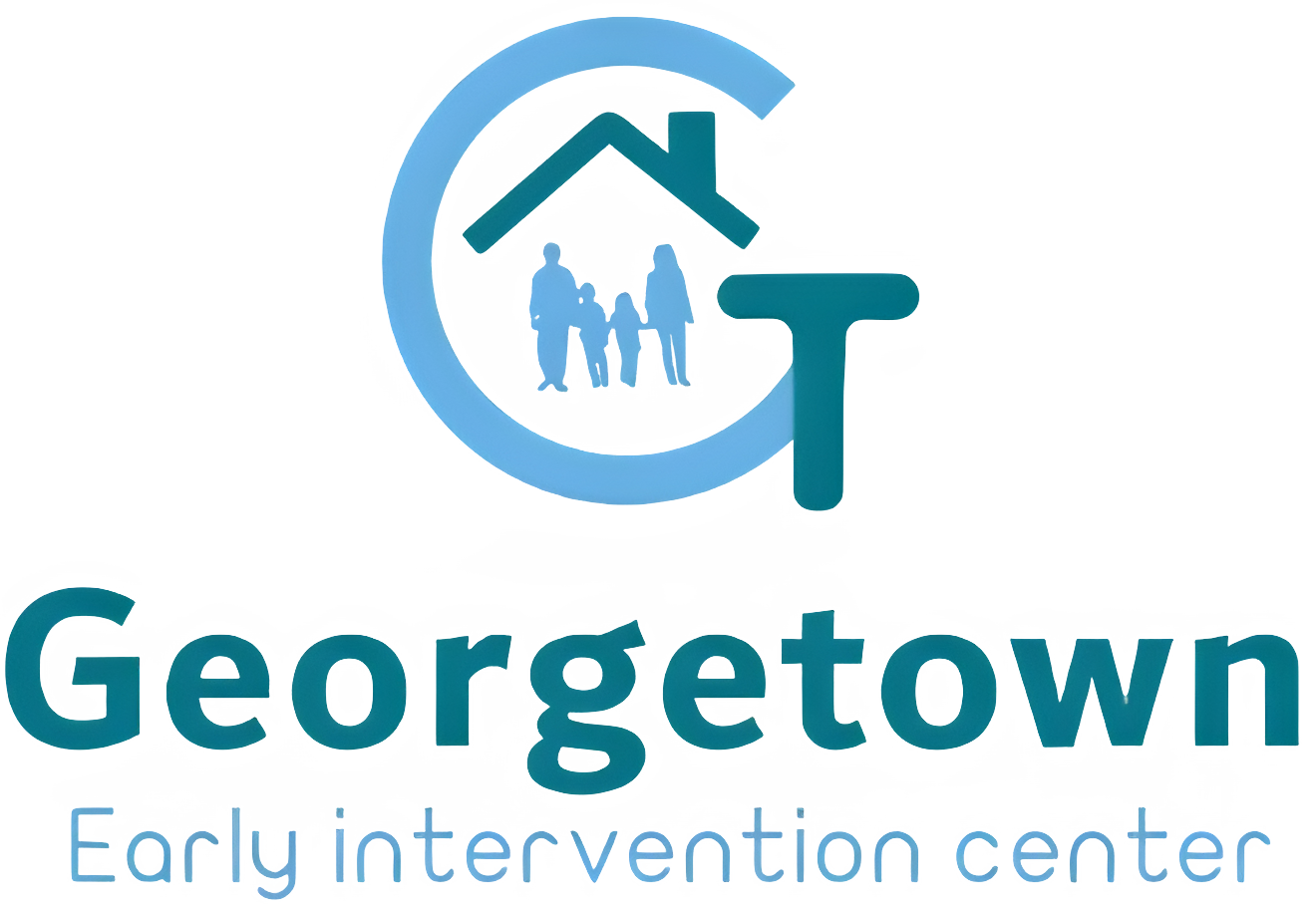Welcome. If you’re exploring mental health support, you’re taking a powerful first step towards well-being. Finding a trusted clinical psychologist in Dubai is a key part of this journey, and this guide is here to show you how.
Navigating Your Mental Wellness Journey in Dubai

In a vibrant city that moves at lightning speed, prioritizing your mental health isn’t just a good idea—it’s essential. The search for support can feel overwhelming at first, but with the right information, it quickly transforms into a clear, manageable path.
Think of this guide as your roadmap. We’ve designed it to demystify the process and help you make an informed, confident decision for your mental health. We’ll walk you through the key aspects of finding professional care in this unique, multicultural environment.
What You Will Learn
Throughout this guide, we’ll focus on a few core areas to build your understanding and confidence:
- Understanding the Role: We will define what clinical psychologists actually do and the services they provide.
- The Importance of Licensing: You’ll learn why official credentialing is a non-negotiable factor in your search.
- Finding the Right Fit: We will provide criteria to help you select a professional who truly matches your unique needs.
This practical approach reflects a growing city-wide focus on well-being. The United Arab Emirates is seeing a significant increase in demand for mental health services, driven by greater awareness and acceptance across the population. You can learn more about the rising need for psychological expertise on instarem.com.
This cultural shift makes finding a qualified clinical psychologist in Dubai more important than ever. It’s the only way to ensure you receive the ethical and effective care you deserve.
What a Clinical Psychologist Actually Does

Many of us have a vague idea of what therapy looks like, often shaped by movies or TV shows. We picture someone lying on a couch, just talking. But the reality of what a clinical psychologist does is far more structured, scientific, and active.
Think of your mind as a complex piece of software. A psychologist is a specialist trained to diagnose and resolve bugs in the system—anything from persistent anxiety and depression to the deep-seated effects of trauma. They don’t just listen; they apply scientifically proven therapeutic methods to help create real, tangible change in your thoughts, feelings, and actions.
The process is always a partnership. It starts with a comprehensive assessment to truly understand your unique situation, which becomes the foundation for mapping out a clear path forward.
Key Therapeutic Approaches
A clinical psychologist in Dubai typically draws from several therapeutic models, each offering a different lens to understand and address mental health concerns. While there are many, a few common ones you’ll encounter include:
- Cognitive Behavioral Therapy (CBT): This is a very practical, hands-on approach. It helps you connect the dots between your thoughts, feelings, and behaviors so you can challenge the patterns that are holding you back. For instance, if you struggle with social anxiety, a CBT therapist helps you examine the negative beliefs you have about social events and equips you with new skills to face those situations with more confidence.
- Psychodynamic Therapy: This approach delves deeper, exploring how your past experiences and even unconscious thoughts shape how you feel and act today. The goal here is to build profound self-awareness, helping you resolve foundational conflicts that might be driving current issues.
- Humanistic Therapy: This client-centered model is all about personal growth. It provides a deeply supportive and empathetic space for you to explore your own potential and discover your path to self-fulfillment.
A core part of a clinical psychologist’s role involves developing a personalized treatment plan; exploring practical treatment plan examples can help you understand this structured process. This isn’t a one-size-fits-all solution; it’s a customized roadmap built around your specific goals to keep the journey focused and effective.
Ultimately, a clinical psychologist’s goal is to empower you. They provide a confidential, non-judgmental space where you can build resilience, gain powerful insights, and develop the tools you need to navigate life’s challenges with greater well-being.
Why DHA Licensing Is a Non-Negotiable

When you’re looking for mental health support in Dubai, you’ll quickly find that not all providers are on the same level. This is exactly why licensing is your most important tool—it’s the quality control system designed to protect you and your family.
The Dubai Health Authority (DHA) is the official body that makes sure anyone calling themselves a “clinical psychologist” has actually earned that title by meeting incredibly high standards. Think of a DHA license as a seal of approval that guarantees expertise and a commitment to ethical practice.
This credential is proof that the psychologist has gone through a demanding verification process. It confirms they have the right academic qualifications, years of hands-on experience, and have passed tough exams to practice safely and effectively.
What a DHA License Signifies
A DHA license is far more than a piece of paper; it’s your assurance of several critical benchmarks. When you choose a DHA-licensed clinical psychologist in Dubai, you are choosing a professional who has proven:
- Verified Academic Credentials: They must hold at least a Master’s Degree in Clinical Psychology from an accredited and recognized university.
- Substantial Clinical Experience: Practicing clinical psychology in Dubai is tightly regulated. A professional needs a minimum of two years of post-graduation clinical experience just to be considered for a license.
- Ethical Accountability: To make sure licensed professionals maintain the highest integrity, a Good Conduct Certificate in Dubai is often a required part of the DHA registration, confirming a clean professional history.
Always check for credentials. You can usually find a professional’s DHA license number on their clinic’s website, or you can ask to see it. Taking this simple step helps you steer clear of unqualified individuals and make a confident, safe choice for your mental healthcare.
How to Find the Right Psychologist for You

It’s tempting to search for the “best” professional, but the real goal is finding the right clinical psychologist in Dubai for your unique situation. The relationship you build with your psychologist is deeply personal, and that connection is a huge predictor of success.
So, it’s about looking beyond a list of qualifications. While a DHA license is the non-negotiable starting point, the next step is finding someone whose expertise and approach genuinely resonate with you. Think of it like finding a guide for a journey—you need someone who knows the specific terrain you’re about to cross.
Matching Specialization to Your Needs
Psychologists often develop deep expertise in specific areas. A professional who is fantastic at treating adult anxiety might not be the best fit for a child struggling with developmental delays. Pinpointing a psychologist’s specialty is a crucial step to narrow your search effectively.
Think about what kind of support you’re looking for:
- Child Psychology and Development: For concerns around learning, behavior, or developmental milestones.
- Anxiety and Depression: For managing persistent worry, low mood, and overwhelming stress.
- Couples or Family Therapy: To improve communication, work through conflicts, and strengthen relationships.
- Trauma and PTSD: For processing difficult past events in a safe, structured way.
Questions to Guide Your Consultation
Once you have a shortlist, the initial consultation is your chance to see if you click. This is a two-way interview where you can get a feel for their style and decide if it’s right for you. It’s your opportunity to build confidence before committing.
Your comfort and trust are everything. A good psychologist will welcome your questions and create a space where you feel heard and respected from that very first conversation. Feeling safe is the foundation of effective therapy.
Try to prepare a few questions to help you make a clear decision:
- What is your therapeutic approach, and how might it apply to what I’m going through?
- Do you have experience working with clients from my cultural background?
- What does a typical session with you look like?
- How do you track progress with your clients?
Taking the time to ask these questions empowers you to find a professional you can truly connect with. It sets the stage for a therapeutic journey that feels both successful and meaningful.
Let’s get practical and talk about what therapy actually costs in Dubai.
Investing in your mental health is one of the best things you can do for yourself, but it’s important to go into it with a clear picture of the financial side. Knowing what to expect helps you plan, taking any stress about money out of the picture so you can focus on what really matters.
Breaking Down the Cost of Therapy
The price for a session with a clinical psychologist in Dubai isn’t one-size-fits-all. Generally, you can expect a standard 50-minute session to be somewhere in the range of AED 500 to AED 900.
Of course, this is just a ballpark figure. The final cost often comes down to a few key things.
What Shapes the Session Rates?
So, why the price difference? It’s usually a mix of the therapist’s unique expertise and the clinic’s own costs. Here’s what typically influences the rate:
- Experience and Specialization: A psychologist who has spent decades in the field or has deep training in a specific area—like trauma or child psychology—will likely have higher rates. You’re paying for that specialized wisdom.
- Clinic Location: A clinic in a prime spot like Jumeirah or Downtown Dubai naturally has higher running costs, and that can nudge the session fees up a bit.
- Type of Session: Individual therapy, couples counseling, and family sessions all have different dynamics. The complexity and time involved mean they often have different price points.
These elements are connected to the bigger picture of what it takes to be a mental health professional in the region. For example, psychologist salaries in Dubai can vary quite a bit depending on their experience and where they work, which in turn affects market rates. If you’re curious, you can discover more insights about psychologist salaries in Dubai on payscale.com.
Before you book anything, make one crucial phone call: to your insurance provider. While mental health coverage is getting better in the UAE, it’s not always a given. Ask them specifically if your plan covers “outpatient psychotherapy” or “psychological services” so you know exactly what to expect.
Common Questions About Starting Therapy in Dubai
It’s completely normal to have questions before starting therapy. Taking that first step is a big deal, and having clear, honest answers can make all the difference. We’ve put together this section to address the most common things people wonder about when looking for a clinical psychologist in Dubai—from what a session is really like to the strict privacy laws that protect you.
Think of this as your final check-in, a place to clear up any last-minute hesitations. Our goal is to make sure you feel confident and ready to begin.
How Do I Know If I Really Need a Psychologist?
One of the biggest myths about therapy is that it’s only for major crises. While it’s absolutely a lifeline during tough times, it’s also an incredible tool for personal growth, learning better coping skills, or just navigating life’s constant changes.
If you feel “stuck,” or if you’ve noticed that things like anxiety, stress, or a persistent low mood are getting in the way of your work, relationships, or just enjoying life, it might be time to consider therapy. An initial chat with a clinical psychologist in Dubai is a simple, no-pressure way to see if it’s the right path for you.
Is Therapy in Dubai Confidential?
Yes, 100%. Confidentiality isn’t just a professional promise in Dubai; it’s a legal requirement for every single DHA-licensed psychologist. This means anything you share in your sessions is kept completely private.
Your psychologist cannot share what you discuss with anyone without your explicit, written permission. The only exceptions are very rare situations where there’s an immediate risk of harm to yourself or someone else. Your psychologist will explain this clearly in your first meeting so there are no surprises.
This legal protection creates a safe space where you can be open and honest without worrying about judgment or your privacy.
What Is the Difference Between a Psychologist and a Psychiatrist?
Knowing the difference here is key to finding the right kind of support for what you’re going through. It really comes down to their training and how they help.
- A Clinical Psychologist has a postgraduate degree in psychology. They use psychotherapy, or “talk therapy,” to help you understand and manage emotional and behavioral challenges. Their work is all about building insight and developing practical coping strategies.
- A Psychiatrist is a medical doctor who specializes in mental health. Because they are doctors, they can prescribe medication to help manage mental health conditions.
It’s common for these professionals to work as a team. You might see a psychologist for regular therapy sessions while a psychiatrist helps manage the medication side of things. This combination ensures you get comprehensive care.
How Long Does Therapy Typically Last?
There’s no magic number here. The length of therapy is unique to you and depends entirely on your personal goals and circumstances.
Some people come to therapy to work through a specific issue and might find that a few months of focused, short-term work is enough. Others are dealing with more complex or long-standing patterns and may find that longer-term therapy is more beneficial. A good psychologist will work with you to set clear goals from the start and will check in regularly on your progress, making sure the timeline always serves your needs.





